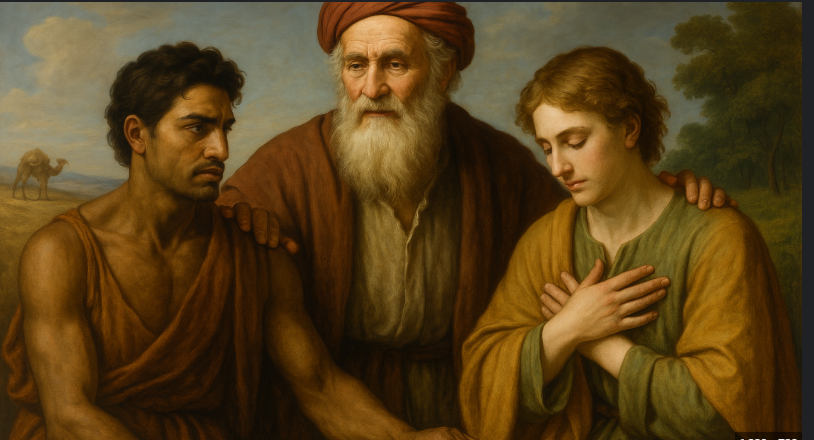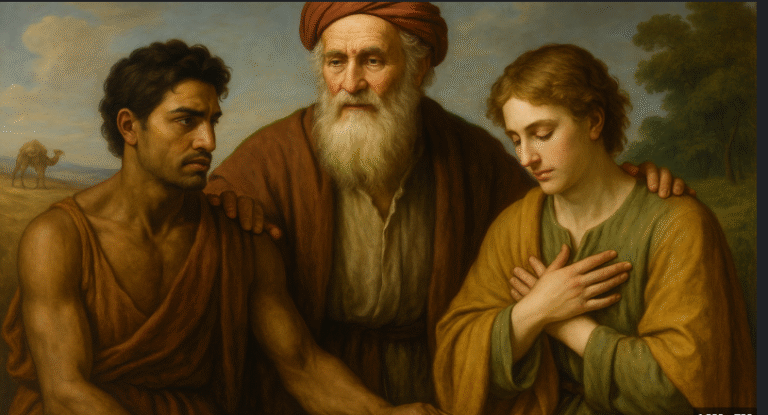What is Spirituality Without Religion?
Spirituality, in its essence, is about seeking connection, purpose, and understanding. It involves exploring life’s deeper questions and finding a sense of fulfillment that goes beyond material experiences. Unlike religion, spirituality doesn’t require adherence to specific doctrines or traditions, nor does it necessarily involve a belief in a deity or participation in communal worship. It’s a personal journey that encourages individuals to look within, develop a unique sense of purpose, and connect with the world around them in a meaningful way.
At its core, spirituality without religion focuses on self-development, inner peace, and an individual’s personal values. It’s about understanding oneself on a deeper level, feeling at home within, and cultivating qualities like compassion, empathy, and gratitude. Here’s how spirituality without religion manifests:
- Connection to Something Greater
Many people who identify as spiritual without being religious describe feeling a connection to something greater than themselves. This “greater something” could be the universe, nature, or a general sense of unity with all living things. It isn’t necessarily defined as a divine being but as an awareness that one’s life is part of a larger tapestry of existence. - Search for Meaning
Spirituality without religion often involves seeking answers to existential questions, such as “What is the purpose of life?” or “What happens after death?” Rather than looking for answers within the confines of religious doctrine, individuals turn inward or explore various philosophies, engaging in practices that help them make sense of these questions. - Personal Growth
A key component of spirituality is personal development, which is also a central aspect of secular spirituality. It encourages individuals to explore their own values, develop mindfulness, and become better versions of themselves. This approach fosters inner peace, resilience, and a sense of fulfillment.
What is Secular Spirituality?
Secular spirituality refers to a spiritual philosophy that doesn’t adhere to religious beliefs or worship a divine entity. Instead, it focuses on achieving inner peace, developing moral integrity, and cultivating a positive mindset. Secular spirituality is often centered on self-improvement and personal growth. Practices like meditation, mindfulness, and yoga are common in secular spirituality because they help individuals develop a calm and centered mind.
In secular spirituality, the focus is on:
- Inner Peace: Developing a sense of calm, self-acceptance, and contentment with one’s own life.
- Mindfulness: Practicing awareness and staying present in the moment, which can improve overall well-being and mental health.
- Ethics and Morals: Living in accordance with values like compassion, kindness, and empathy, even without the structure of religious guidelines.
- Self-Discovery: Exploring personal beliefs, values, and purposes outside the constraints of religious doctrines.
Secular spirituality appeals to those who seek spiritual fulfillment without the constraints of dogma, allowing them to create their own path to peace, meaning, and purpose.
“Spiritual But Not Religious” – What Does It Mean?
The term “spiritual but not religious” (SBNR) is often used by people who are drawn to spirituality without the need for organized religion. SBNR individuals might believe in a higher power or have a deep respect for the mysteries of life, but they may not feel comfortable subscribing to a specific religious framework. They often value:
- Authentic Experience Over Ritual: They seek meaningful, personal experiences rather than prescribed rituals. For instance, they may choose meditation over traditional prayers or prefer spending time in nature rather than attending a place of worship.
- Personal Interpretation: Rather than adhering to established beliefs or doctrines, SBNR individuals often explore different philosophies or traditions to build their own understanding of spirituality.
- Direct Connection to Spirituality: Instead of relying on intermediaries like religious leaders, SBNR people may feel a direct connection to their spiritual beliefs through personal practices like mindfulness, yoga, or creative expression.
This approach allows for greater flexibility and encourages individuals to cultivate a personal, adaptable spirituality that resonates with them.
How Does Spirituality Relate to Religion?
Religion and spirituality can certainly overlap, but they can also exist independently. Religion often provides structure, community, and shared beliefs, while spirituality is more flexible and personal. Here’s how the two differ:
- Structure
Religion is typically structured and organized, with specific practices, beliefs, and rules that guide its followers. Spirituality, on the other hand, is more flexible and allows for individual interpretation. This flexibility appeals to those who may feel restricted by the formalities of religion. - Focus
Religion often centers on faith and adherence to teachings, rituals, and scriptures. Spirituality focuses on personal growth, inner peace, and understanding oneself. While religion provides guidance through teachings, spirituality encourages individuals to discover their own truths. - Experience
While religious experiences are often communal, spirituality encourages individual experiences and direct connections. For example, spirituality values practices like meditation and mindfulness, where individuals can have a personal connection to their inner selves or the universe. - Rituals and Practices
Religion often includes structured practices and rituals as a part of worship or devotion, while spirituality may not require any formal rituals. Spiritual individuals are free to adopt practices that resonate with them, such as yoga, art, or even breathwork. - Beliefs and Values
Religion typically revolves around a set of organized beliefs about the divine or supernatural, while spirituality allows individuals to develop their own beliefs about life, purpose, and interconnectedness. For example, someone might believe in compassion, empathy, and kindness as core values without associating them with a specific religious doctrine.
The Importance of Spirituality Without Religion
For many, spirituality without religion offers an empowering path to self-understanding and fulfillment. Here’s why this approach matters:
- Personal Freedom: Without religious boundaries, individuals can explore various spiritual ideas, experiment with different practices, and choose those that best support their mental and emotional growth.
- Mental Health and Wellness: Spirituality provides tools like mindfulness and meditation that help reduce stress, increase self-awareness, and improve mental resilience.
- Community Building: Although secular spirituality may be more personal, it still fosters a sense of connection and belonging, allowing people to connect with others who share similar values.
- Self-Empowerment: Spirituality without religion empowers individuals to take responsibility for their spiritual growth, encouraging them to become their own guides.














